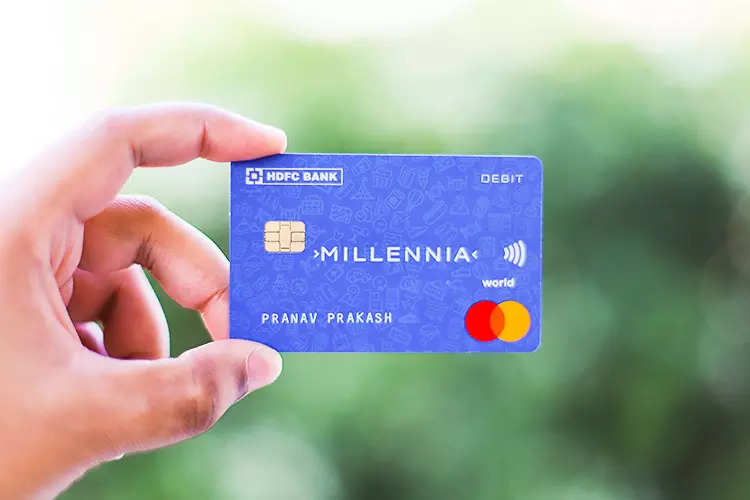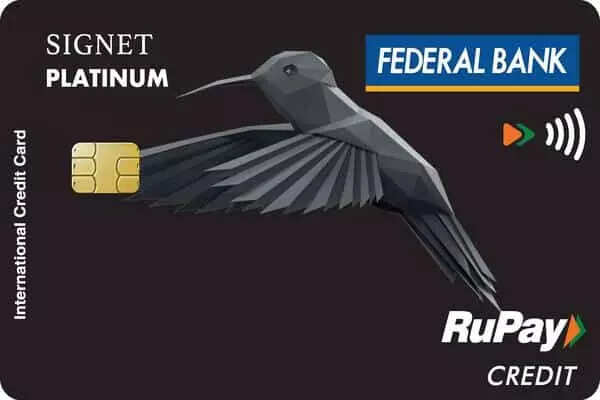Mumbai, Aug 23 (PTI)
HDFC Bank on Monday said it aims to regain the two per cent market share in the credit card market it ceded to rivals during a recent ban, within a year by aggressively tapping into its existing depositor base. The bank will also focus on forging new partnerships to sell more cards and will not deviate from its conservative approach on taking credit risks as it goes aggressive in the market, its group head for payments and consumer finance, digital
banking and IT, Parag Rao, told reporters.
On August 17, RBI lifted the ban on HDFC Bank which had prevented it from issuing new credit cards from December 2020. However, the restrictions on launching new digital initiatives are yet to be lifted. Its smaller rivals, including ICICI Bank and SBI Card, have utilised the opportunity created by HDFC Bank’s absence to narrow the gap with the market leader in the last eight months.
Going forward, HDFC Bank has set specific milestones for itself, which will include ramping up monthly card issuances to the November 2020 level of 3 lakh in up to three months, and going up further two 5 lakh a month in another two quarters, Rao said.
In the next three-four quarters, HDFC Bank is targeting to regain all the lost market share, he added.
When asked about the restrictions on digital launches, Rao said the bank continues to engage with RBI on compliance with remedial objectives. It has closed the short term milestones, is in the final laps on the medium term ones and work is in progress on the long term ones, Rao said, adding that it is waiting to hear from RBI.
HDFC Bank’s outstanding credit cards has declined to 1.48 crore as of June 2021 from 1.53 crore in November 2020 as a result of the ban. The same for ICICI Bank increased to 1.10 crore from 97 lakh, and SBI Card had its number increase to 1.20 crore in June 2021 from 1.12 crore in November 2020.
Rao said while the bank lost market share by number of active cards, it has been able to retain its share by overall spending courtesy specific initiatives to prod customers.
He said overall spends on the credit card portfolio have increased 60 per cent in the April-June quarter as against the year-ago period while the Earnest Monthly Instalment (EMI) option on high value purchases has seen an 80 per cent increase, and the bank is 1.5 times ahead of competition on spends.
When asked about the credit quality, Rao declined to comment on the specifics on the portfolio but asserted that it will not be softening on its conservative stance on extending credit. The bank will make use of more digital and data analytics products while extending credit, he said.
The bank expects a bulk of the new cards to come from existing customers who have deposits with the bank, Rao said, adding that it has 6 crore customers at present.
Serving the existing customers helps from a quality perspective as the bank has a better understanding of the customers, he said, adding that it already has a significant amount of customers with pre-approved credit cards who have not been contacted in the last eight months.
Moreover, customer insights are also pointing to higher affinity to cards with lower credit limits, he said. The bank will start serving such segments as well.
Apart from its own customers, the bank will depend on partnerships and tie-ups with other players, including fintech players, payment companies and corporates to engage new clients. The partnership with Paytm announced earlier in the day is the first such initiative, he noted.
In a statement, the bank said it has 20 such initiatives planned over the next 6-9 months, which will also include co-branded offerings with companies in the pharma, travel, fast moving consumer goods, hospitality, telecom and fintech space.
As it engages more with partners, the ratio of new to bank customers in the incremental credit card customers will increase to 25 per cent of the overall from the present 20 per cent, Rao said.
“The last few months have been spent in readying ourselves for the future. When the restrictions from the regulator were in place, we utilised the time to chalk out a new strategy. With our new offerings as well as our existing suite of cards, we are confident of meeting the needs of our customers and ‘come back with a bang’,” he said.
The bank scrip closed 0.60 per cent higher at Rs 1,523.50 a piece on the BSE on Monday as against gains of 0.41 per cent on the benchmark.


